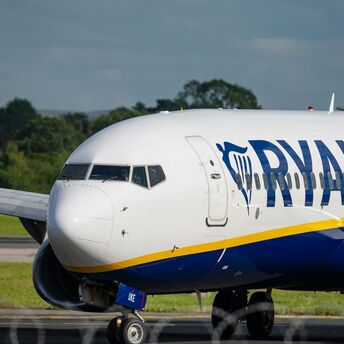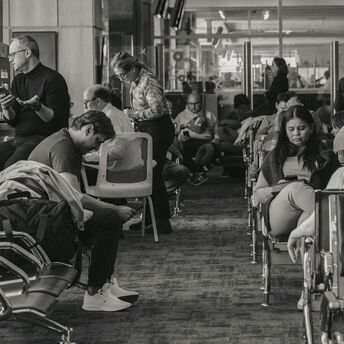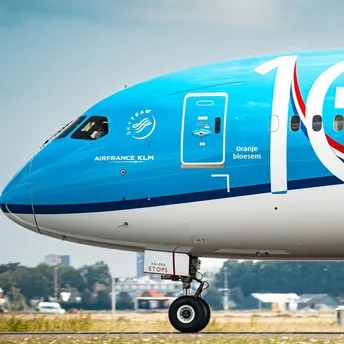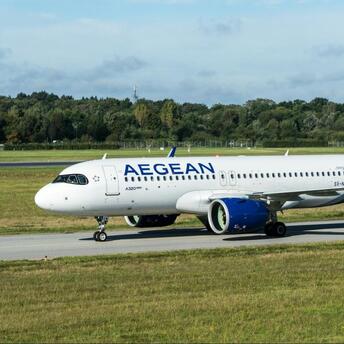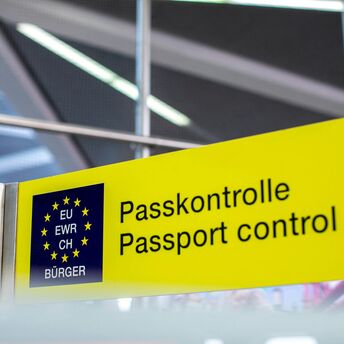easyJet Pilot Pay Dispute: Negotiations Continue Amidst Rejected Offer
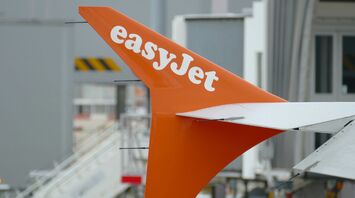
easyJet pilots, represented by the British Airline Pilots' Association (BALPA), have recently turned down a pay proposal from the airline, even as negotiations continue without any current plans for strike action. This ongoing dialogue follows a recent dispute resolution by the UK's Central Arbitration Committee (CAC).
An easyJet spokesperson confirmed that the pay offer was narrowly rejected, highlighting that the airline is still engaged in constructive talks with the pilots' union. This situation comes in the wake of a decision on March 25 by the CAC, which intervened in a conflict regarding the airline's reluctance to disclose certain financial details necessary for collective bargaining.
Earlier this year, BALPA sought detailed financial information from easyJet, including the UK operations' contributions to the group's earnings and profit breakdowns by base for fiscal years 2021-22 and 2022-23. The union asserted that this data was crucial for effectively negotiating the 2024 pay settlements for UK-based pilots. easyJet, however, argued that the detailed financial data requested was not essential for collective bargaining purposes, though it offered to provide some information to maintain positive relations with the union.
The dispute officially started in September 2023 when BALPA requested specific financial disclosures along with data on crew food costs and paid leave allocations, arguing that understanding easyJet's profit margins from its UK operations was vital for formulating their pay demands. The CAC eventually ruled that easyJet must provide the earnings and profit information, but it did not find the request for data on paid leave and crew food costs to be relevant for the negotiations.
As the situation develops, both easyJet and BALPA seem committed to continuing their dialogue in hopes of reaching a mutually agreeable resolution. The airline's recent financial update indicated a stable cost per seat, excluding fuel, with expectations of a slight increase in the upcoming fiscal semester.



